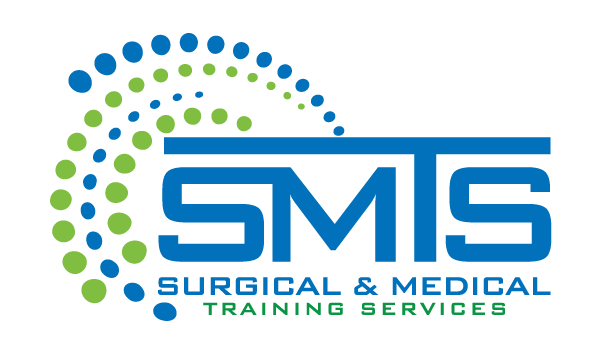Bariatric surgeries for weight management have become increasingly popular in recent years. The available procedures have provided invaluable assistance to men and women who have spent years yo-yoing between a healthy weight and dangerous obesity. The trend for many years was to undergo gastric bypass to realign the digestive tract. More recently, statistics indicate that a higher number of patients are leaning toward the laparoscopic procedure, sleeve gastrectomy, to essentially downside their stomach.
Weight loss surgery is typically considered only when other strategies have failed to help an individual manage her weight for long periods of time. Diet, exercise, and medications continue to be a front-line defense against obesity. However, patients who are at risk for serious health consequences due to excess weight may be prime candidates for bariatric surgery. The question is, which one, and whom should perform the procedure.
CHOICES IN WEIGHT LOSS SURGERY
Most physicians agree that patient outcomes are best improved through personal care. No single procedure is right for every person. Instead, care should be based on particulars such as medical history, current health status, and patient preferences. This is where the upward trend in laparoscopic sleeve gastrectomy may have originated.
Some of the reasons that patients cite for their interest in this weight-loss surgery is its shorter duration. Most sleeve gastrectomy surgeries are completed within about an hour. Gastric bypass takes twice as long. Naturally, a shorter procedure is less psychologically stressful and is also less taxing on the body, making it advantageous for the patient.
Bariatric surgeons report that sleeve gastrectomy seems to achieve excellent results in patients who have less than 100 pounds to lose. Older patients, as well as those with chronic health conditions such as heart disease, also may fair better with the laparoscopic technique versus standard gastric bypass. However, recovery follows the same basic pattern regardless of which procedure is selected.
THE BOTTOM LINE FOR DOCTORS
An important note to come from research is that patients choose their surgeon and procedure based more on credentials and experience than on location. Some patients choose to travel to adjacent cities to obtain care from a surgeon they believe to have the level of training necessary to improve their outcome.
At SMTS – Surgical & Medical Training Services, we intend to help physicians be the provider that patients choose. Medical training is our business, and we bring it to you wherever you are. To learn more about our courses and labs, call 888 801-9444.

